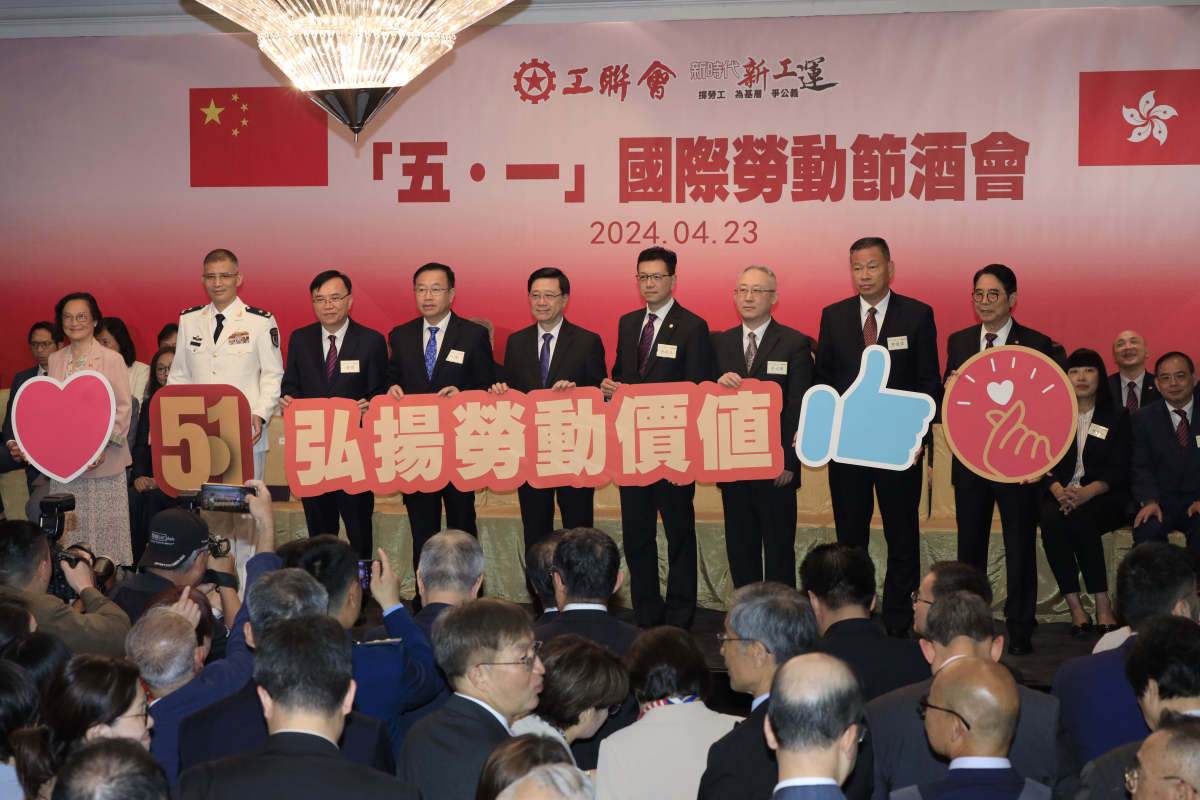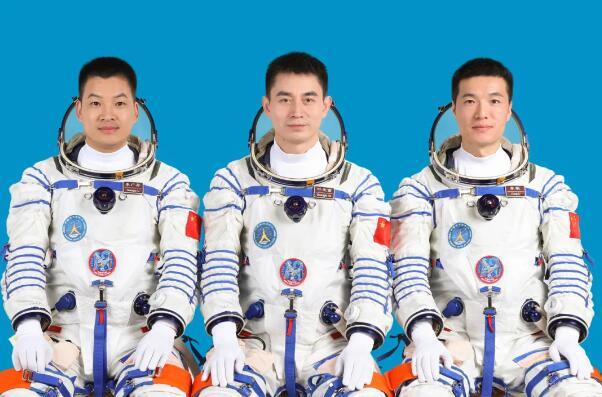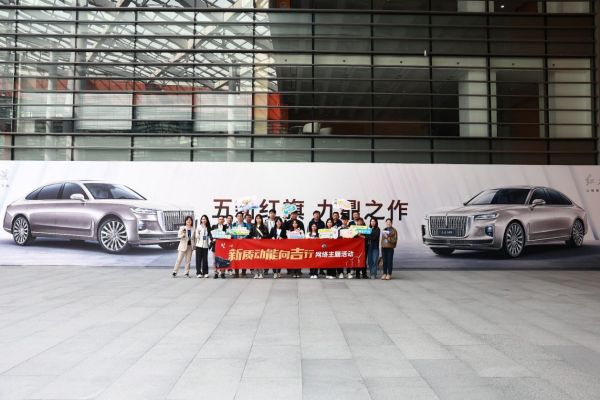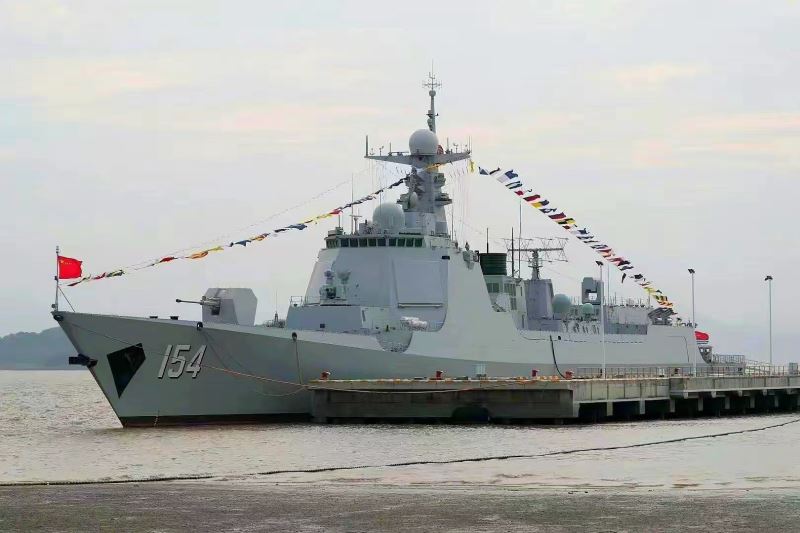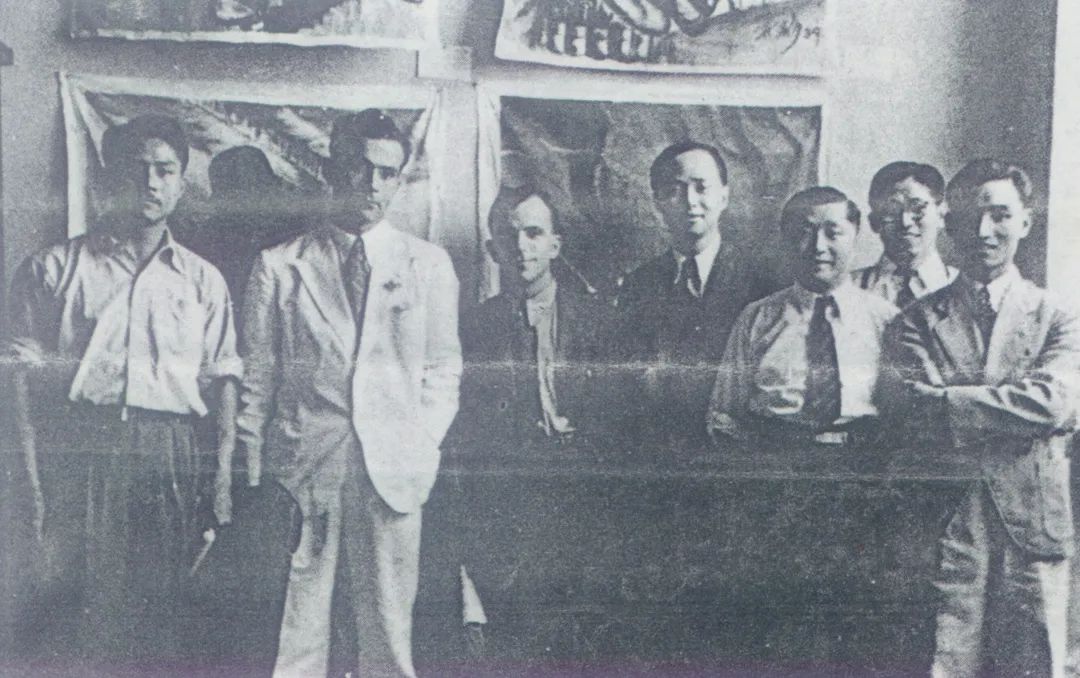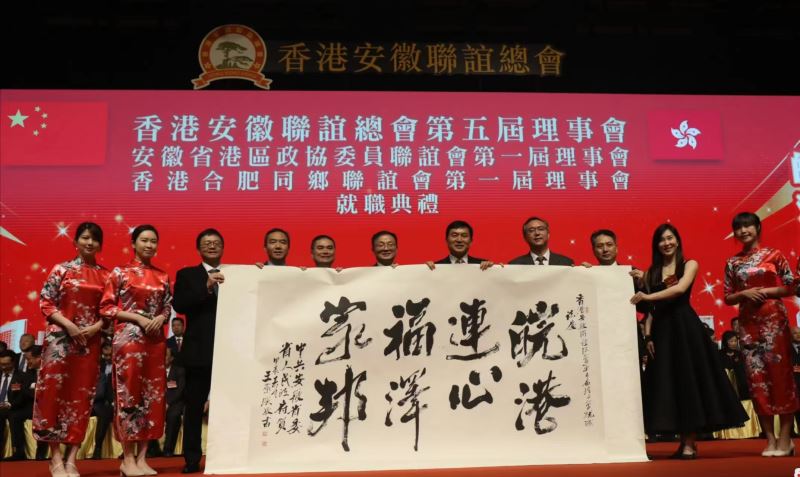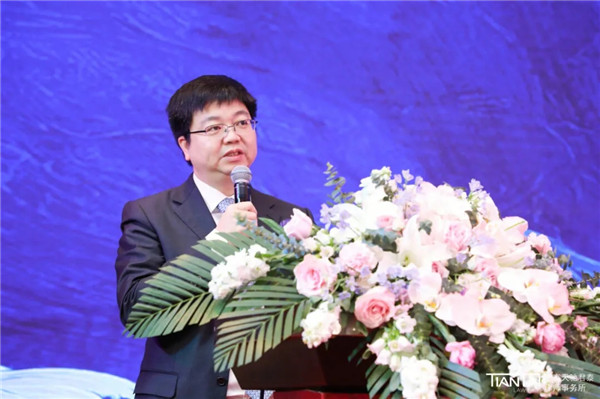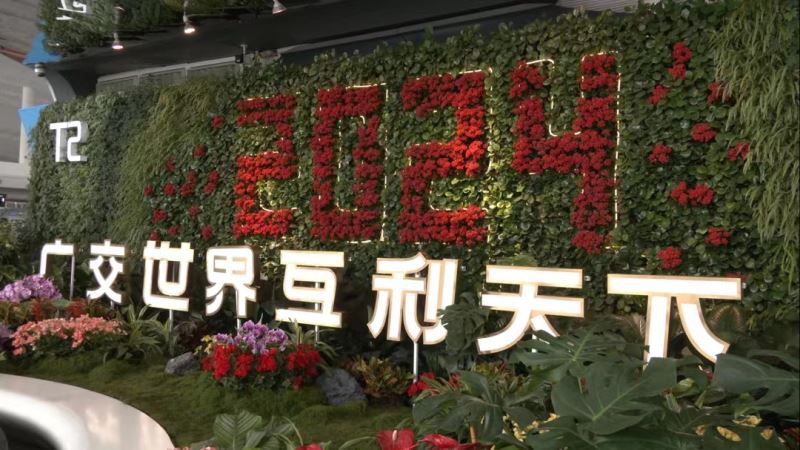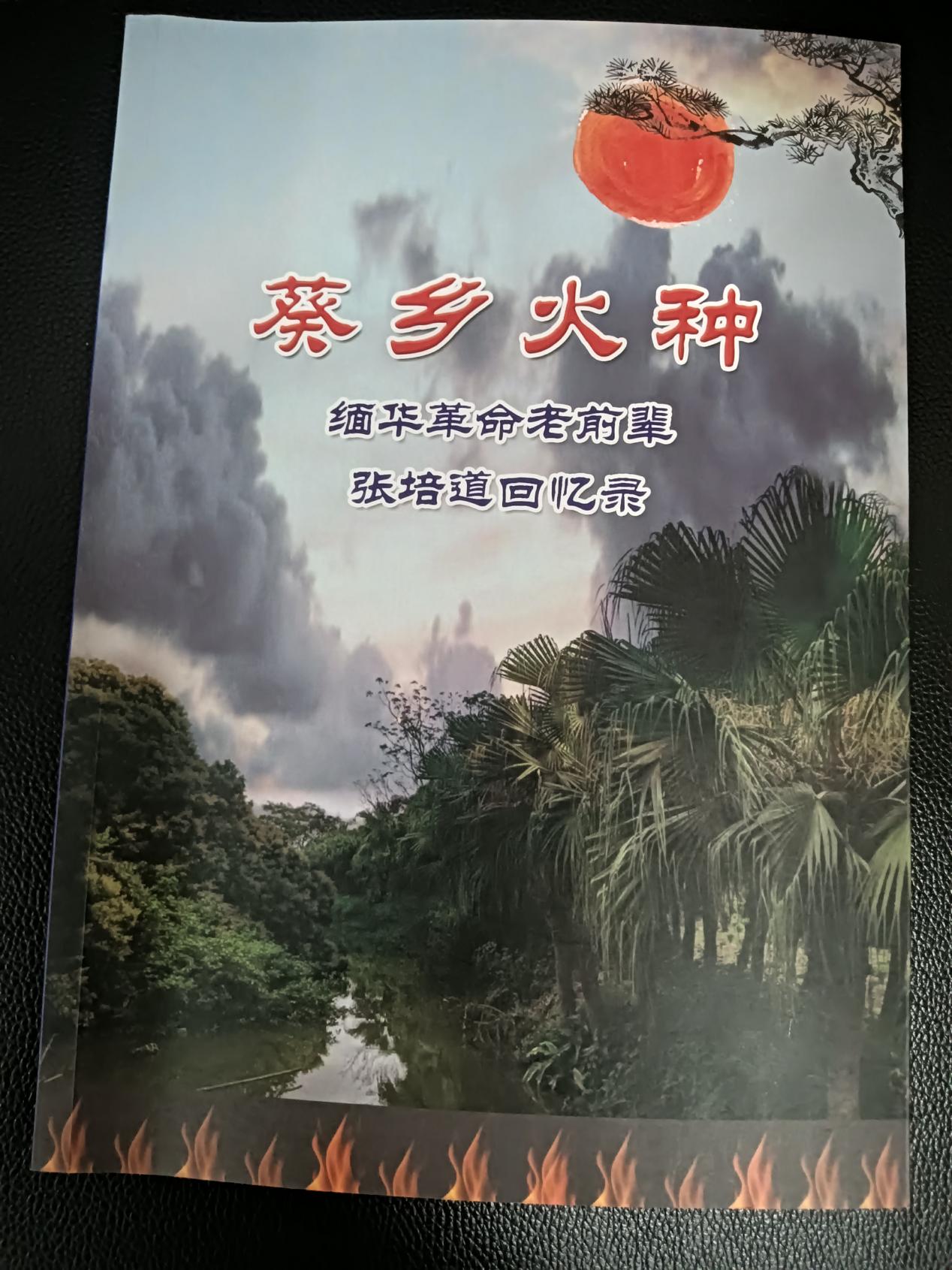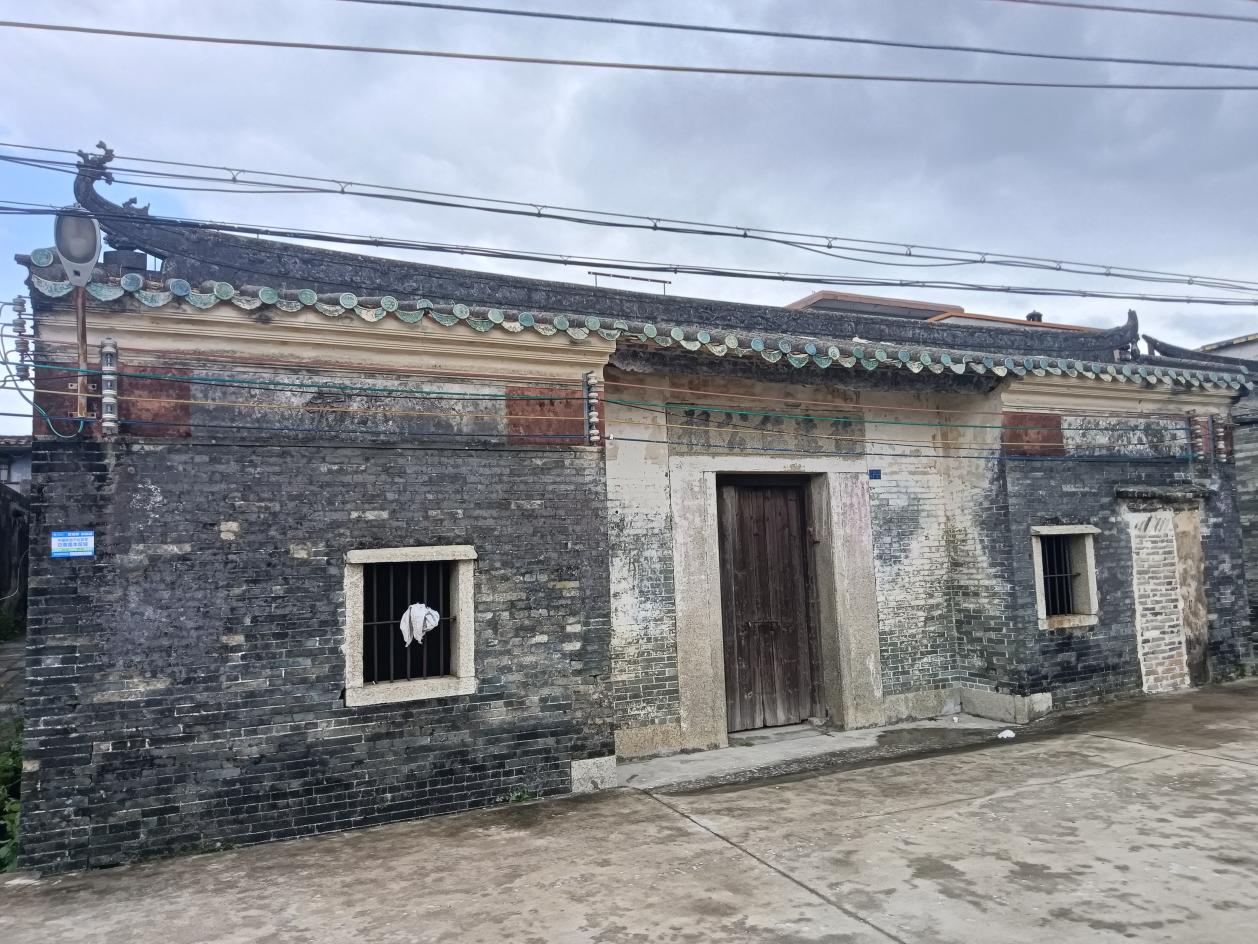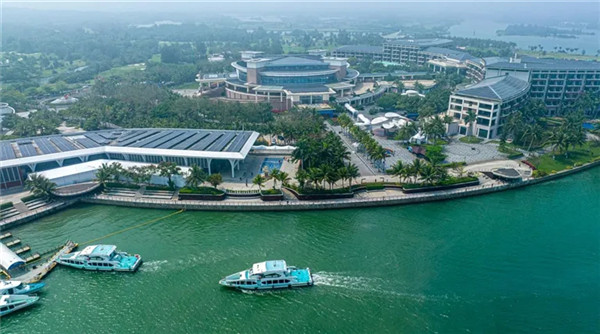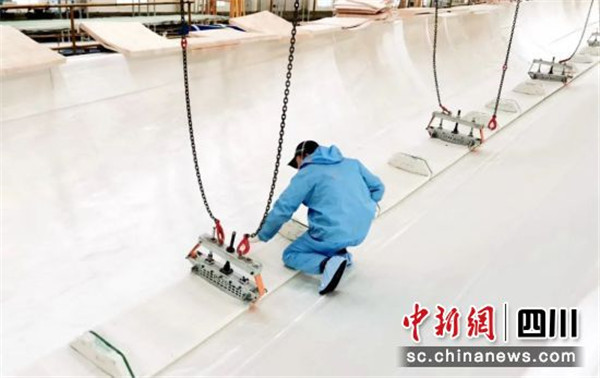
Xi Jinping and Modi to Begin a New Chapter for China-India Relations
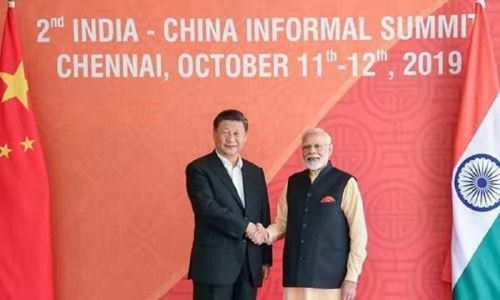
Asia Pacific News Agency (Author/ Long Xingchun,the director of the Center of Indian Research, China West Normal University) The President of the People’s Republic of China, Xi Jinping, and the Prime Minister of India, Shri Narendra Modi, held their Second Informal Summit in Chennai, India, on 11–12 October 2019, indicating that the strategic communication between the leaders of China and India has become institutionalized after their first informal meeting in April 2018.
In recent years, outstanding issues such as the border question have not been resolved, and some new issues have come under the spotlight. For example, India attributed its failure to join the Nuclear Suppliers Group (NSG) to China, and it deemed that China’s increasing presence in South Asia and the Indian Ocean poses challenges to India. The Dong Lang confrontation during the summer of 2017 pushed Sino-Indian tensions to the brink of war. Although that standoff was finally resolved peacefully, it caused the leaders of the two countries to recognize that they must give prominence to Sino-Indian strategic communication, enhance strategic mutual trust, productively manage their differences and prevent disputes from escalating into conflicts. The first summit last year adequately enhanced the strategic communication between China and India, mended the damage to relations caused by the Dong Lang event and put China-India relations back on a normal track.
In May, the Bharatiya Janata Party (BJP) won India’s elections, and Modi was re-elected as Prime Minister of India. Immediately afterwards, the Indian media began to report that the Second Informal Summit between Chinese and Indian leaders might be held in India in October. All of a sudden, however, by revoking Article 370 granting special status to India-administered Kashmir and placing Ladakh under the direct jurisdiction of the union on Aug 5, New Delhi opened a Pandora’s Box triggering a new round of tension between India and Pakistan. India’s definition of “Kashmir” involves Chinese territory, and moreover India believes that China has been biased in favor of Pakistan in the Kashmir dispute between India and Pakistan, causing twists and turns in Sino-Indian relations. In September, the Indian military undertook another large-scale drill east of the disputed border between China and India. Although it claimed that it was a routine drill, its intentions against China could not be more obvious. In early October the Indian government conducted another announcement restricting exchange between Indian universities and their Chinese counterparts. These moves struck a jarring note in the friendly atmosphere between China and India for the upcoming summit, and thus the Indian public began to worry about whether the second leaders’ summit would be cancelled. In the end the summit was held smoothly thanks to the two countries leaders’ far-sighted leadership and their steering clear of interference, with a focus instead on holistic, long-term and strategic issues between the two countries.
According to diplomatic practice, informal meetings, unlike official visits, simplify or even cancel ceremonial activities. Nevertheless, India made thoughtful preparations. President Xi was warmly welcomed by tens of thousands of people lining the streets after he arrived in Chennai. The air of warmth and friendliness somewhat resembled the honeymoon period of Sino-Indian relations back in the 1950s.
As there is a large area of disputed territory to be tackled by the two rising powers, China and India are bound to fall into confrontation and conflict according to the western theory of international relations. American scholars predicted many years ago that “there would surely be a war between China and India.” In his meeting with Modi, Xi Jinping proposed that “China and India should correctly view each other’s development and enhance strategic mutual trust. No matter from which perspective, the two countries should be good neighbors living in harmony and good partners moving forward hand in hand. ‘The Dragon and Elephant Dance’ is the only correct choice for China and India and is in the fundamental interests of the two countries and their peoples. The two neighboring countries should and can take a path of friendly cooperation.” As both Xi Jinping and Modi highlighted, the two countries are endowed with ancient civilizations that have their respective unique culture and wisdom. It is believed that the two will definitely avert the doom of “Inevitable Conflicts between Great Powers” espoused by the West, achieve the long-term peaceful development of Sino-Indian relations and develop a way of coexistence between countries far removed from that of the West.
Differences and disputes do not hinder cooperation among countries. Xi Jinping pointed out that “China and India should emphasize friendship and cooperation, resolve suspicion and misgivings, and properly handle differences and sensitive issues. As for issues that cannot be promptly solved, they should be properly managed.” Inter-state relations are as complex as interpersonal ones. The key is in how countries face and deal with them, as differences and disputes are unavoidable. Negative thinking holds that cooperation cannot be achieved without resolving disputes, while positive thinking expresses faith that cooperation can still be achieved between countries despite disputes. Objectively speaking, the potential for cooperation extends far beyond the disputes between China and India. On the one hand, China and India need to work hard to address their issues and contain the problems that are difficult to tackle in the short term, so as not to let them hinder cooperation. On the other, promoting common interests and strategic mutual trust through cooperation is more conducive to coping with the outstanding issues.
Xi Jinping reiterated that “China and India should intensify cooperation in international and regional affairs, unequivocally stand for the international system with the United Nations at its core, as well as the international order based on international laws, firmly support multilateralism and the multilateral trading system with the World Trade Organization at its core, and safeguard the legitimate rights and interests of developing countries for development.” Prime Minister Modi also stated that “world peace and human progress cannot be achieved without India-China cooperation in the 21st century.” In the wake of the 2008 international financial crisis, China and India have become major economies with the world’s fastest growth as well as the two largest contributors to world economic growth. Therefore, not only is Sino-Indian cooperation constructive to both sides, but it is also of great significance to the region and the world as a whole. Especially against the backdrop of anti-globalization in developed western countries, the meddling of the United States with the international multilateral mechanism, and the world’s fall into a period of uncertainty, Sino-Indian cooperation will allow the world to rest assured more than ever before.
In addition to global, long term and strategic issues, Xi Jinping and Modi did not overlook specific bilateral issues. China has proactively increased imports of Indian rice and sugar and has welcomed Indian pharmaceutical and information technology enterprises to invest and cooperate in China. Evidently, China has taken a positive attitude towards addressing India’s concerns about their trade deficit. India gave welcoming signals to encourage more Chinese enterprises to invest in manufacturing and other industries in India, which plays an important role in promoting “Made in India” as initiated by Prime Minister Modi. India has decided to issue five-year multi-entry tourist visas to Chinese citizens from October, which will surely attract a large number of Chinese tourists to India and greatly promote the development of Indian tourism and people-to-people exchange in between. The two countries also decided to jointly organize 70 events to celebrate the 70th anniversary of the establishment of diplomatic relations next year. Moreover with President Xi Jinping’s invitation to Prime Minister Modi to pay a state visit to China, it is expected that, as long as differences are well managed, China-India relations and the friendly atmosphere between the two will reach new heights in 2020, laying a good foundation for the two countries to usher in a new era of long-term friendship.


